Imagine coming home after a long, exhausting day, your heart weighed down by stress, anxiety, or sadness. As you step inside, a gentle, purring feline weaves around your ankles, gazing up with those mysterious, soothing eyes. Suddenly, the world feels a little lighter. For millions, cats are more than just pets—they’re silent healers, companions, and confidants. As debates rage about which animal reigns supreme in the world of emotional support, cat lovers have plenty of reasons to believe that their beloved felines truly take the crown. Let’s dive into the fascinating reasons why cats make better emotional support animals than dogs.
Cats Offer Calming Presence Without Demanding Attention

Cats have an incredible gift for being present without being overwhelming. Unlike dogs, who often crave constant interaction, cats are content to simply share space with you. Their quiet nature means you can enjoy their company without feeling pressured to entertain or engage. This can be especially comforting for people who are easily overstimulated or prefer a peaceful environment. The soft purring of a cat is like a gentle lullaby, helping to ease anxiety and promote relaxation. Even their slow, deliberate movements are soothing to watch, bringing a sense of calm to any room. Cats seem to understand when you need quiet support, sitting nearby without intruding, which can make all the difference during tough emotional moments.
Low Maintenance Means Less Stress
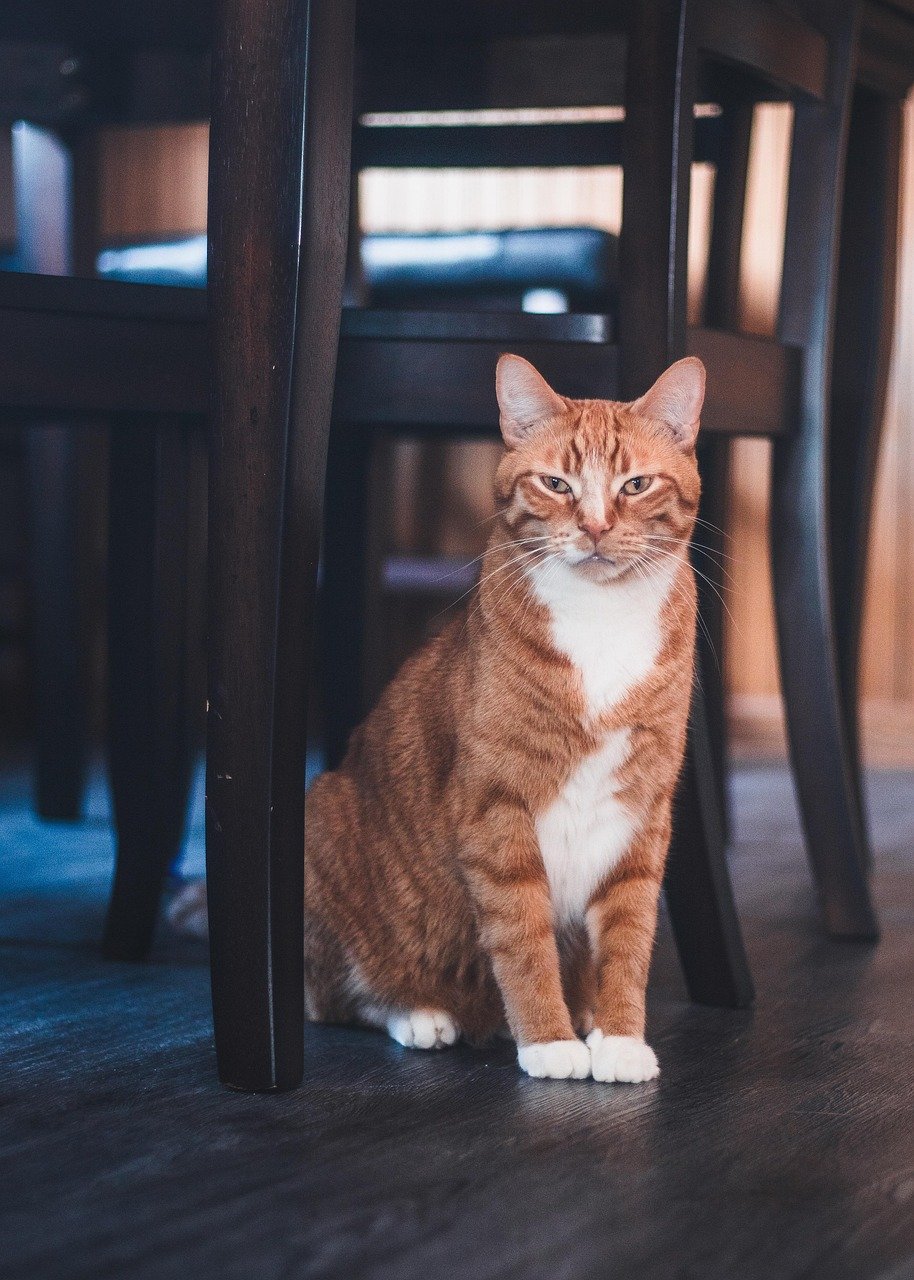
One of the most appealing qualities of cats as emotional support animals is their low-maintenance lifestyle. Cats don’t require daily walks in rain or snow, elaborate grooming sessions, or constant entertainment. Their independence means you can focus on your own well-being without worrying about neglecting your pet. Simple needs like fresh food, water, and a clean litter box are easy to manage, reducing the stress that can come with pet ownership. For those dealing with mental health challenges, the last thing you want is added responsibility. Cats’ ability to care for themselves helps you feel supported, not burdened. This simplicity allows you to experience the joy of companionship without extra pressure.
Soothing Power of the Cat’s Purr

There’s something almost magical about the sound of a cat’s purr. Studies have shown that the frequency of a cat’s purring can promote healing, lower blood pressure, and decrease feelings of stress. This gentle vibration acts like a natural therapy, providing emotional comfort and a sense of safety. People often describe the purr as a “living white noise machine,” masking the chaos of the outside world and filling your space with tranquility. Unlike barking or whining, a cat’s purr is never jarring or disruptive. It’s a subtle, constant reminder that you’re not alone, wrapping you in an invisible hug when you need it most.
Perfect Companions for Small Spaces
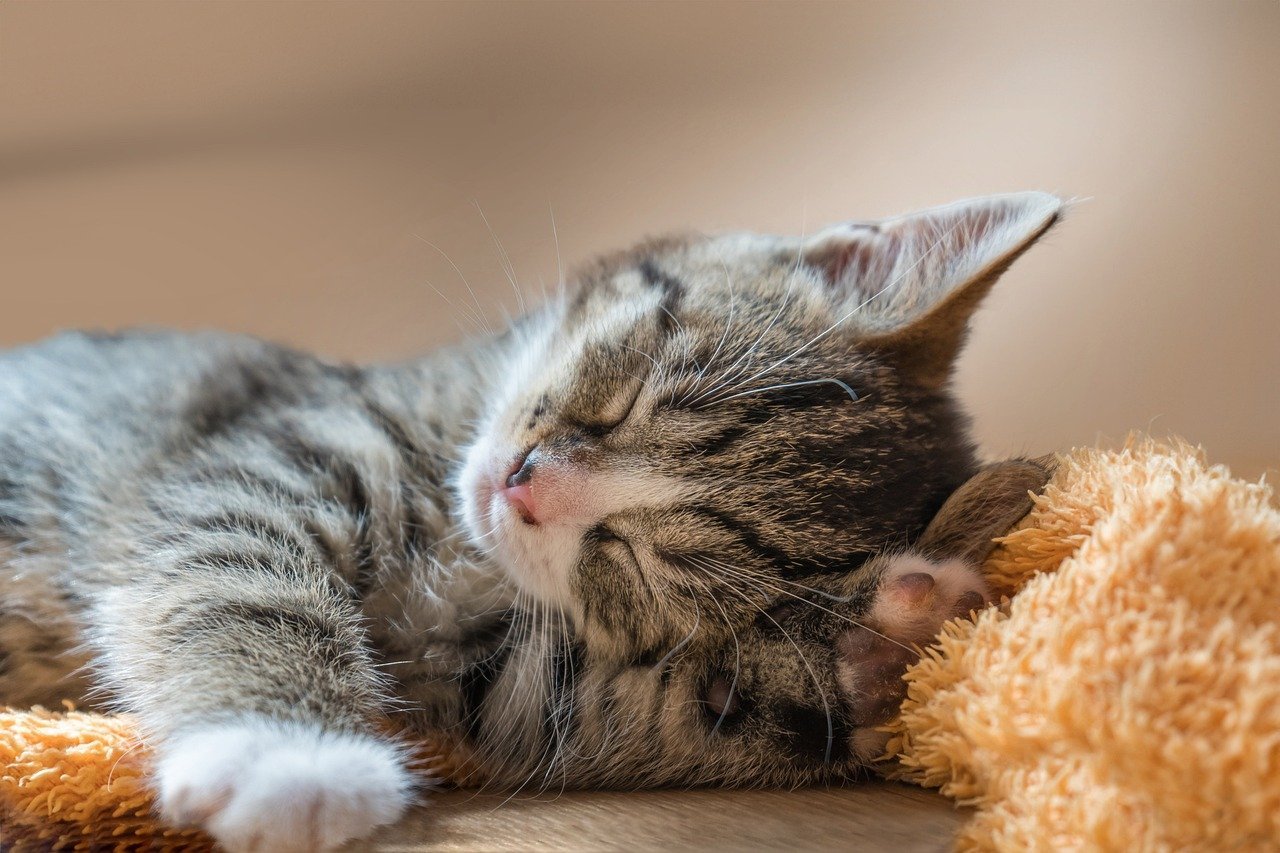
Not everyone has the luxury of a big backyard or spacious home. Cats adapt effortlessly to apartments, studios, and even dorm rooms. Their compact size and flexible routines make them ideal for anyone living in smaller quarters. You don’t have to worry about a cat knocking over furniture or needing a yard to run around in. They’re content to lounge on windowsills, curl up on your bed, or perch atop a bookshelf. This adaptability makes them especially suitable for city dwellers, students, or anyone with limited mobility. The ability to thrive in small spaces means more people can benefit from the emotional support of a loving cat.
Non-Intrusive Companionship

Cats have a unique way of offering companionship without being intrusive. They’re tuned in to your moods and often mirror your energy. If you need alone time, a cat will quietly respect your space. But if you’re craving affection, they’re quick to curl up beside you or nuzzle your hand. This balance allows you to form a bond that feels natural and unforced. Unlike dogs, who sometimes demand attention or become anxious when left alone, cats are content to be nearby without overwhelming you. This gentle presence provides comfort without pressure, making it easier to navigate emotional ups and downs.
Hypoallergenic Breeds for Sensitive Owners

Many people assume pet allergies will prevent them from enjoying the companionship of an emotional support animal. However, several cat breeds are known to be hypoallergenic or produce fewer allergens than dogs. Breeds like the Siberian, Balinese, and Russian Blue are often well-tolerated by people with sensitivities. This opens the door for more individuals to benefit from feline companionship. With a little research, it’s possible to find a cat that fits both your emotional needs and your health requirements. This inclusivity allows more people to experience the unique comfort only a cat can provide.
Cats Are Masters of Empathy
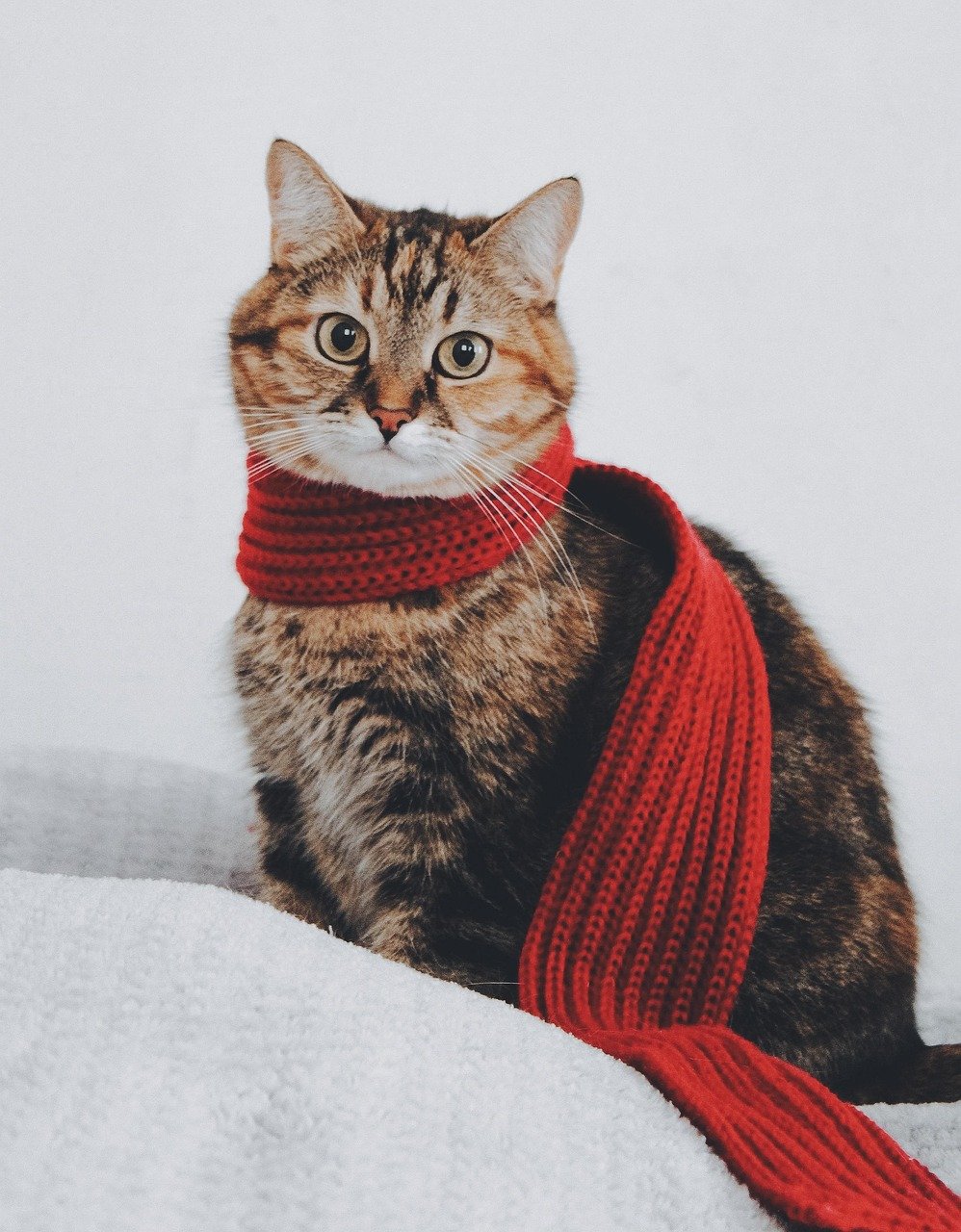
There’s a quiet wisdom in the way cats read human emotions. Many cat owners report that their pets seem to know exactly when they’re feeling down or anxious. A cat may quietly approach and settle beside you, offering a gentle touch or a soft purr. This empathetic response is deeply comforting, making you feel seen and understood without a word being spoken. Cats don’t judge or try to “fix” your problems; they simply share your space, making the burden feel lighter. This subtle form of empathy is incredibly therapeutic for those who struggle with expressing their feelings.
Flexible Routines Suit Varied Lifestyles
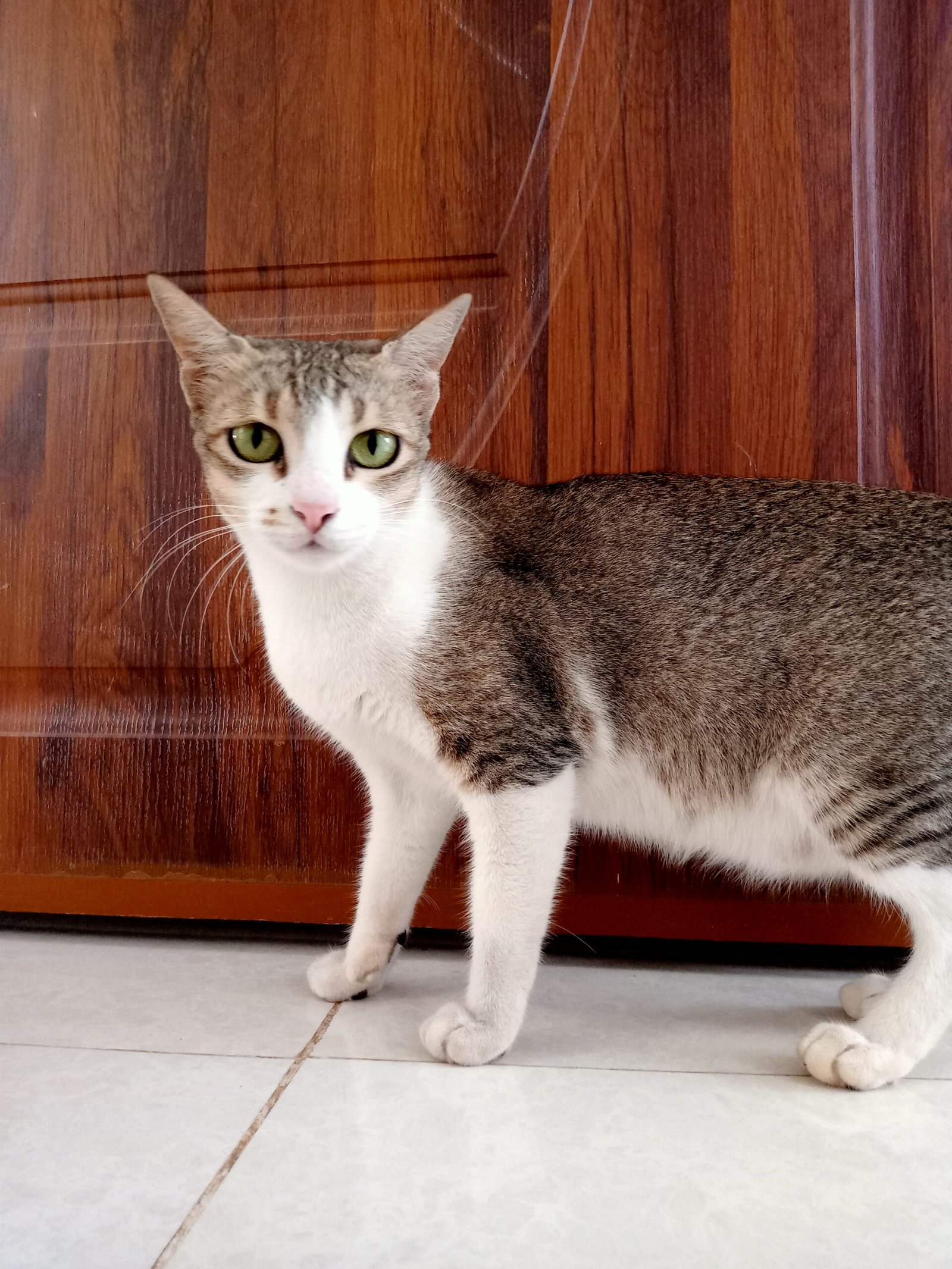
Life doesn’t always run on a predictable schedule, and cats are wonderfully adaptable to changing routines. Whether you work late shifts, travel frequently, or have unpredictable days, cats adjust with ease. They don’t require a strict feeding or exercise schedule, and can be left alone for longer periods without distress. This flexibility is a huge advantage for people with busy or erratic lifestyles. It means you don’t have to worry about rushing home to walk the dog or stick to a rigid timetable. Cats’ adaptability makes it easier to balance self-care with pet care.
Ideal for Introverts and Sensitive Individuals

For introverts or those who are sensitive to noise and stimulation, cats are a dream come true. Their quiet, unobtrusive nature creates a peaceful home environment. Unlike dogs, who often greet visitors with barking and boundless energy, cats tend to approach new people slowly or retreat to a safe spot. This makes cats especially comforting for anyone who values solitude or needs a calm atmosphere to recharge. Cats offer unconditional love without overwhelming their humans—a perfect match for those who thrive on gentle, steady support.
Reduced Environmental Impact

Caring for a cat typically has a smaller environmental footprint compared to a dog. Cats eat less food, produce less waste, and require fewer resources overall. Their smaller size means they don’t need large quantities of food, and many are content with simple toys or scratching posts. For environmentally conscious individuals, choosing a cat as an emotional support animal is a responsible choice. By reducing waste and resource consumption, you can enjoy the benefits of pet companionship while minimizing your impact on the planet.
Easier Travel and Housing Options

Bringing a pet into your life shouldn’t limit your freedom. Cats are generally easier to travel with than dogs, especially for people who move frequently or live in rental housing. Many landlords and property managers are more willing to accept cats, considering them less likely to cause damage or disturb neighbors. Cats can also be transported more easily in carriers, and they usually adapt quickly to new environments. This makes it much simpler to maintain your emotional support system, even when life takes you to new places.
Lower Risk of Noise Complaints

If you’ve ever lived in an apartment or shared housing, you know how important it is to keep the peace with your neighbors. Cats are famously quiet animals—no barking at every passing car or howling at sirens. Their soft meows and purrs are unlikely to cause conflict or complaints. This peace and quiet is a huge relief for anyone living in close quarters. You can enjoy the comfort of your emotional support animal without worrying about disturbing those around you. Cats’ gentle sounds create a harmonious environment where everyone can relax.
Longer Lifespans for Lasting Bonds

Cats often live longer than dogs, with many felines reaching their late teens or even early twenties. This means you can enjoy a longer relationship with your emotional support animal, building deeper bonds and memories over time. The extended companionship offers stability and comfort, especially for those who rely on their pets for emotional grounding. Knowing that your cat is likely to be by your side for many years provides a sense of security and continuity that is truly priceless.
Cats Teach Mindfulness and Patience

Spending time with a cat can be a lesson in mindfulness. Watching a cat lounge in a sunbeam, groom itself with meticulous care, or chase a dust mote encourages you to slow down and appreciate the present moment. Cats live in the here and now, reminding their humans to let go of worries and simply be. Their independent streaks also teach patience; you can’t force a cat to do anything it doesn’t want to do. This gentle reminder to respect boundaries and trust the process can be incredibly healing for those working through emotional challenges.
Minimal Disruption to Daily Life

Cats fit seamlessly into most daily routines, requiring little adjustment or disruption. You won’t need to plan your day around walks or outdoor bathroom breaks. Cats are content to nap while you work, study, or rest. Their self-sufficiency allows you to focus on your own needs without guilt or worry. This minimal disruption is especially beneficial for people juggling multiple responsibilities or struggling with low energy. Cats’ ability to integrate quietly into your life makes them ideal emotional support animals.
Encouraging Healthy Habits

Having a cat can motivate you to establish healthy routines. The simple act of feeding your cat, cleaning the litter box, or engaging in gentle play brings structure to your day. These small, manageable tasks provide a sense of accomplishment and purpose. For people struggling with depression or anxiety, these routines can be a lifeline, offering gentle reminders to get out of bed and care for another living being. Cats help anchor you in the present, encouraging self-care through shared responsibility.
Lower Cost of Care
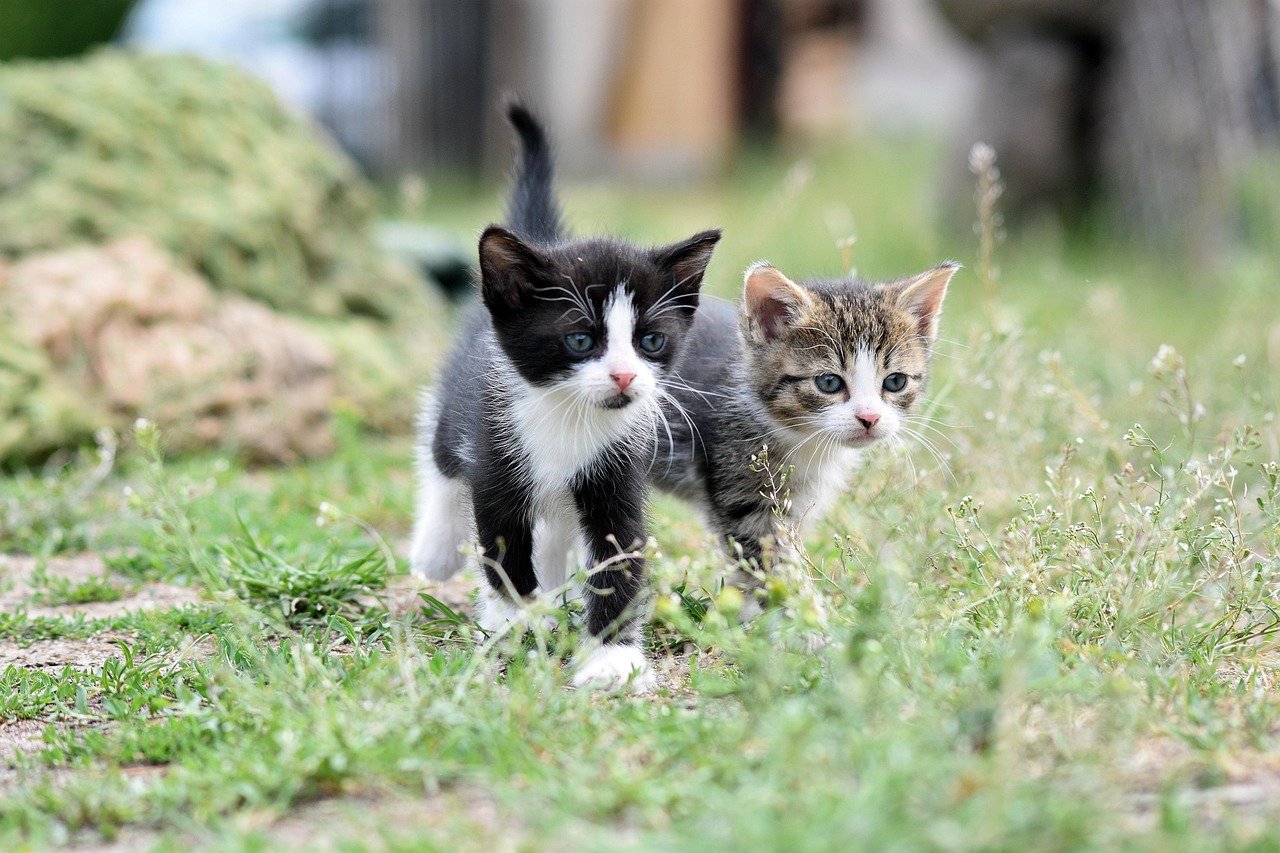
Compared to dogs, cats are generally less expensive to care for. They require smaller quantities of food, fewer toys, and minimal grooming. Routine vet visits and vaccinations are usually less costly as well. For those facing financial stress, the lower cost of owning a cat makes it easier to access the emotional benefits of pet companionship. You can provide excellent care without stretching your budget, reducing financial worries and allowing you to focus on your own well-being.
Safe and Clean Indoor Living
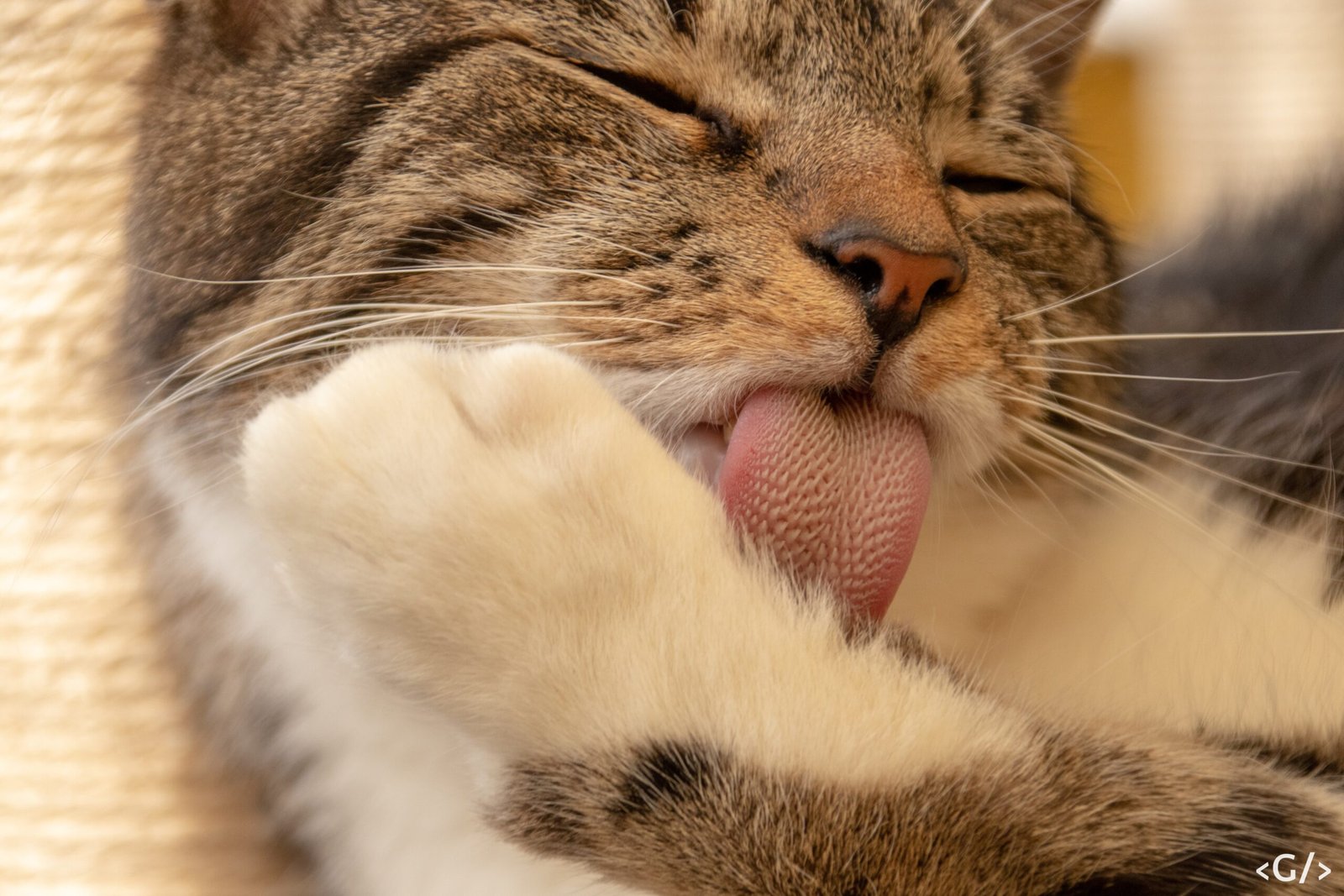
Cats thrive indoors, where they’re protected from traffic, predators, and disease. This indoor lifestyle also keeps your living space clean and tidy—no muddy paw prints or fur-covered furniture from outdoor adventures. Cats instinctively use litter boxes, making bathroom clean-up simple and hygienic. For those who value cleanliness or have health concerns, cats offer a safe, manageable way to enjoy the benefits of an emotional support animal without added mess or risk.
Endless Entertainment and Joy
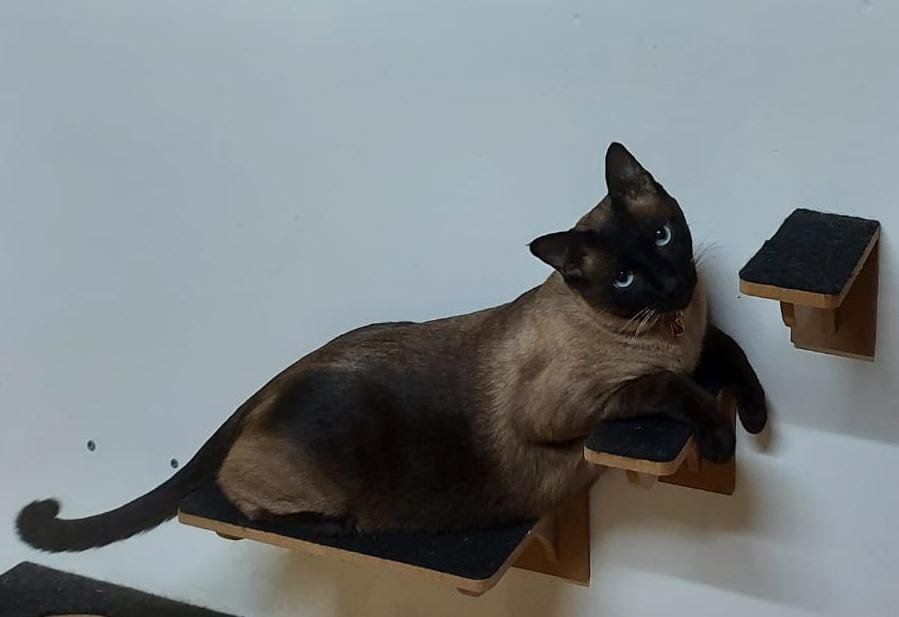
Cats have a reputation for being mysterious and aloof, but anyone who’s shared their home with a feline knows the truth: cats are endlessly entertaining. From playful antics and acrobatics to quirky sleeping positions and curious explorations, cats bring laughter and joy to daily life. Their unpredictable, sometimes hilarious behavior is a delightful distraction from stress and sadness. Sharing these moments with your cat creates a special bond, filling your home with warmth and light. The joy of a cat’s affection is a powerful antidote to loneliness and despair.
Natural Comfort for All Ages
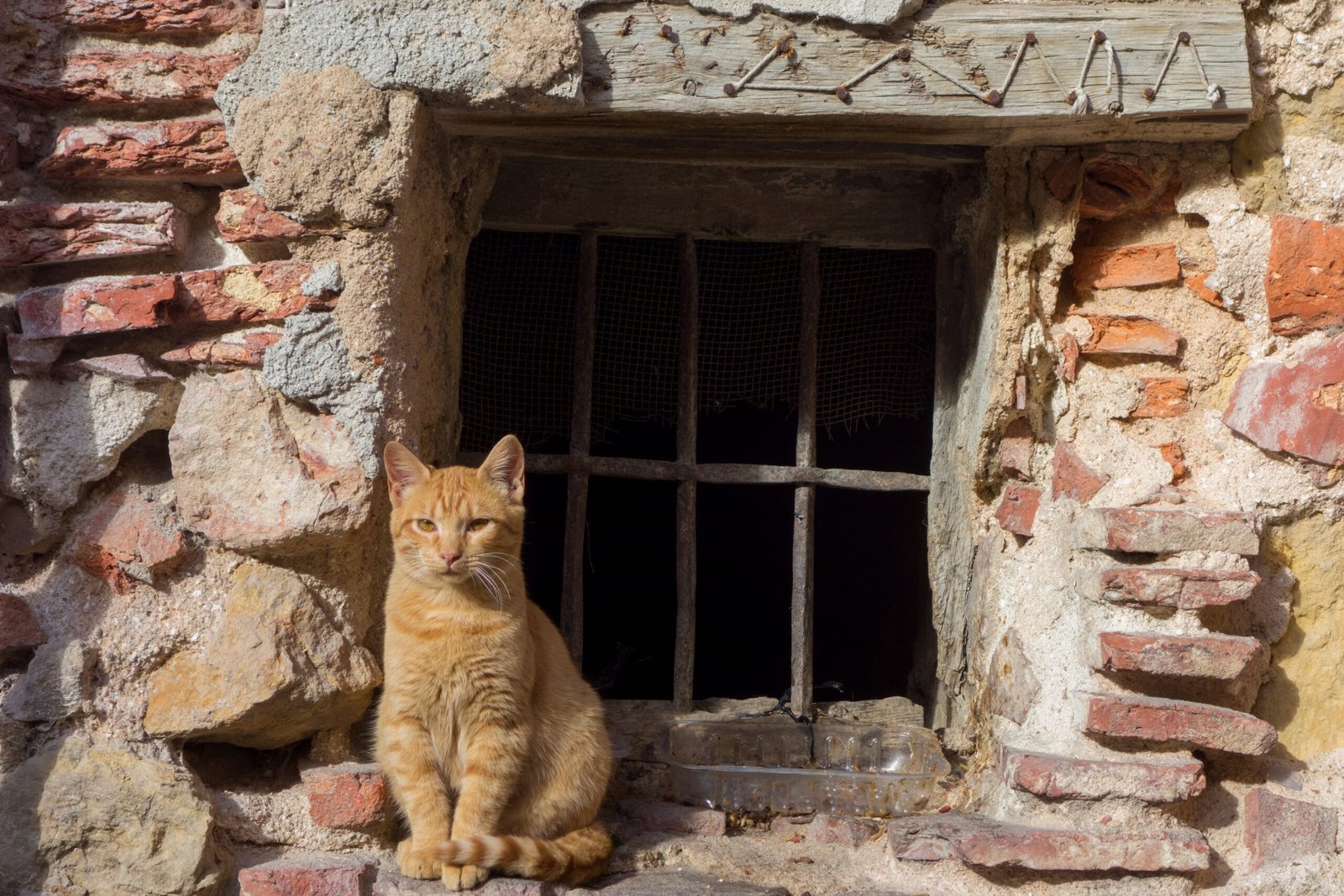
Cats appeal to people of all ages, from children to seniors. Their gentle demeanor and soft fur make them approachable for even the youngest family members. Seniors benefit from the steady companionship and easy care that cats provide, while children learn empathy and responsibility. The universal appeal of cats means that they can offer emotional support to anyone, regardless of age or background. This inclusive comfort is a testament to the healing power of feline friendship.
Unconditional Love Without Demands

Above all, cats offer a special kind of love—one that is unconditional, quiet, and undemanding. They accept you as you are, without expectation or judgment. Their loyalty is steadfast, even when you’re at your lowest. This gentle, unwavering support is what makes cats such exceptional emotional support animals. In a world full of noise and pressure, a cat’s simple love can be a lifeline, reminding you that you are never truly alone.
Hi, I’m Bola, a passionate writer and creative strategist with a knack for crafting compelling content that educates, inspires, and connects. Over the years, I’ve honed my skills across various writing fields, including content creation, copywriting, online course development, and video scriptwriting.
When I’m not at my desk, you’ll find me exploring new ideas, reading books, or brainstorming creative ways to solve challenges. I believe that words have the power to transform, and I’m here to help you leverage that power for success.
Thanks for stopping by, Keep coming to this website to checkout new articles form me. You’d always love it!






